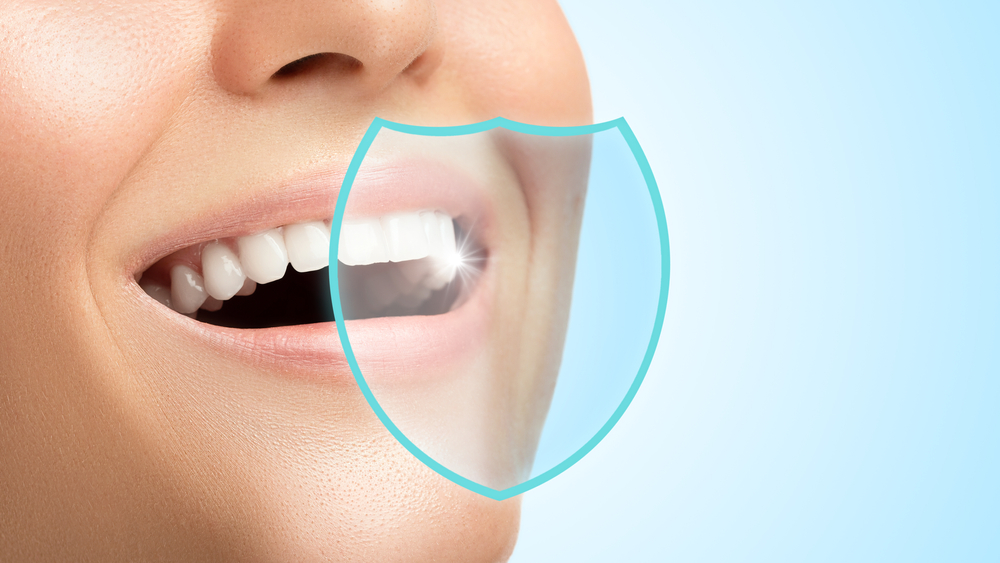Good oral hygiene in children is paramount for their ongoing well-being and general health. Unfortunately, children are particularly susceptible to dental problems due to innate habits that can cause tooth deterioration. If left unnoticed, these habits can lead to severe and costly issues in the long run.
There are two key things parents should do to ensure long-term dental health in their children.
- It is vital to implement healthy dental regimes early on, so your child can carry these positive habits into adulthood.
- Undertake early detection, which means frequently checking your kid’s teeth and having regular dentist appointments.
Gentle Dental’s pediatric services can prevent significant oral pain and complications from occurring down the track.
In this blog, we’ll help you understand the causes of the most common dental problems in children, how to identify symptoms, and provide measures that can prevent long-term damage…
Paediatric Dentistry – Experience Working with Children
Early Tooth Decay From Poor Dental Hygiene
Early tooth decay is the most common dental problem children face. It is caused by bacteria feeding off sugary food and drinks. This bacteria then produces acid which damages the outer layer of the tooth (enamel) and as a result, causes cavities.
Children are prone to tooth decay as the enamel on baby teeth is much thinner and weaker than on adult teeth.
Symptoms:
Early stages of children’s tooth decay show white, chalky areas on teeth, with a dull white band on the gum line. If left untreated, the white band near the gum will eventually turn yellow, brown or black. When teeth have brown or black stumps, this indicates advanced tooth decay.
Other signs of early tooth decay include:
- Toothaches
- Tooth sensitivity
- Painful biting
- Red and swollen gums
Prevention:
- Do not put your baby to bed with a bottle
- Do not add sweet drinks to your baby’s bottle
- Encourage your infant to drink from a cup from 6 months
- Slowly introduce solid, nutritious foods at 6 months
- Do not dip dummies in sweet substances
- Opt for sugar-free medicines when possible
- Visit the dentist every six months
- Implement healthy eating habits from a young age
- Ensure your child flosses once a day and brushes morning and night
- Watch your children’s brushing technique to ensure they are doing a thorough job
Sensitive Gums Caused by Gum Disease
Tender gums in children are a result of a gum disease called Periodontitis. It can be caused by teeth clenching, dry gums, mouth breathing, poor oral hygiene, unhealthy eating, hormonal changes, medication or crooked teeth.
Periodontitis damages the tissue around the teeth and makes the gum weak. This results in gaps forming between teeth and the gum, which traps germs and leads to further swelling.
Symptoms:
Swollen gums are the most evident symptom of periodontitis, but the more discreet gum disease symptoms to look out for include:
- Bright red, dark red or dark purple gums
- Gum sensitivity and tenderness
- Bleeding gums after brushing teeth or eating
- Bad breath
- Pus between your teeth and gums
- Loose teeth or loss of teeth
- Receding gum line
- Extreme sensitivity to hot and cold foods
Prevention:
The best way to prevent periodontitis in your children is to enforce a healthy and good oral hygiene routines.
Alternative treatments for gum disease include:
- Using antiseptic mouthwash
- Increasing vitamin C intake
- Drinking lots of water
If gums do not improve, visit a dentist for a deep-cleaning procedure to remove plaque and tartare.
Sore Jaw Due to Teeth Grinding in Sleep
Teeth grinding is the involuntary clenching and gnashing of teeth while children sleep, often referred to as ‘bruxism’.
The most common cause of sleep bruxism in children is stress and anxiety. Other causes include misaligned teeth, teething, underlying medical conditions or sleep disorders.
Symptoms:
If you suspect your child is grinding their teeth while sleeping, check on them throughout the night and listen out for grinding noises. It is also important to regularly inspect your child’s mouth to look out for chipped tooth enamel, tooth indents on the tongue or raised tissue on the side of the cheek.
Other symptoms of pediatric teeth grinding include:
- Complaints of jaw and ear pain
- Regular headaches
- Aching teeth after waking up
- Pain or stiffness whilst chewing
- Jaw clenching when concentrating, angry or anxious
- Sensitive teeth and gums
- Loose teeth
Prevention
It is important to see a dentist if you recognise any of the above symptoms in your child. At Gentle Dental, we can provide you with a treatment plan, targeted exercises and a mouthguard to prevent further damage from sleep grinding.
There are also preventive measures you can do at home, such as:
- Help your kids fully relax before bedtime. This could include a warm bath or shower, meditation, listening to a few minutes of soothing music, or reading a book
- Stick to the same bedtime routine each night. This gives your child the best chance of getting a peaceful sleep
- Ask if your child is upset or anxious, and find a way to help
- Exercise releases endorphins and can therefore alleviate stress
Crooked Teeth From Thumb Sucking
Babies are born with a series of reflexes needed for survival, including a sucking reflex. Thumb sucking is an innate self-soothing technique and is completely normal for babies. However, if your child does not subside thumb sucking past three years old, there can be damaging effects such as an overbite, underbite or lisp.
With excessive pressure over time, the top of the mouth will eventually flare up and cause an open bite or restriction of the jaw. Thumb sucking past infancy is typically caused by stress or anxiety in children.
Symptoms:
Thumb sucking is a noticeable dental problem which makes it easy to detect. Other signs are:
- Difficulties with speech
- Misaligned teeth
- Indents or concaving in the roof of the mouth
- Oral infections
- Change of shape in the thumb
- Complaints of a sore thumb
Prevention:
Research shows the most effective method to combat thumb sucking is using positive reinforcement. This looks like offering gentle encouragements, praising your child when they refrain, and providing small rewards as incentives.
It is also helpful for parents to identify any triggers that cause their child to soothe with thumb-sucking. Finding replacement soothers (such as stuffed animals) can help mitigate the issue. Some other thumb-sucking preventions are:
- A consistent brushing and flossing regiment
- Scheduling dental check-ups at least every six months
- Staying hydrated by drinking plenty of water
- Consuming well-balanced meals and healthy foods
- Ensuring that their child wears mouthguards if he or she plays sports
- Avoiding dummies
- Not letting your child fall asleep with a bottle
Trust the experts to prevent these common dental problems in children
If these symptoms have rung alarm bells, do not fret – we are here to help!
We understand children’s teeth
At Gentle Dental, we are experts in preventative dentistry and offer a comprehensive range of pediatric dental services. Remember, even if your child is asymptomatic, regular checkups are vital so we can limit the risk of poor oral hygiene with tailored strategies to instil positive dental habits in your kids.
We’ve created a kid-friendly environment M
Gentle Dental has fostered a kid-friendly culture and environment so your child feels welcomed from the moment they walk in. With extensive experience in child dental care, our dentists go the extra mile to create a fun, safe and non-confrontational dental visit. You can trust us to provide your child with the best dentist experience possible.
With seven locations across Sydney, there is a Gentle Dental near you to take care of your pediatric dental concerns.











